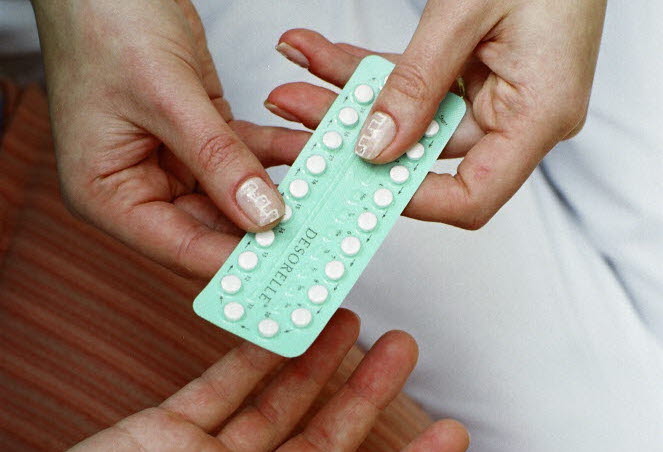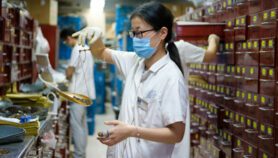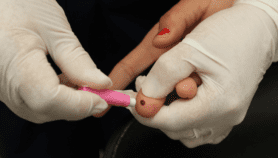By: Zofeen Ebrahim
Send to a friend
The details you provide on this page will not be used to send unsolicited email, and will not be sold to a 3rd party. See privacy policy.
[JAKARTA] The emergency contraceptive pill (ECP) — better known as the ‘morning after’ pill — still has a long way to go before it gets ensconced in global family planning and reproductive health practices.
An estimated 225 million women globally would like to delay or avoid pregnancy, and ECPs provide one method that can be used up to five days after unprotected sex though it is more effective the sooner it is used, note experts at the 2016 International Conference on Family Planning being held in Bali, Indonesia (25-28 January).
“Global commitments, local actions” is the theme of the conference organised by the Population Reference Bureau, a Washington, D.C.-based nonprofit organisation that informs people around the world about population and health.
Yet, the ECP is often confused with medical abortion pills, says Sarah Rich, senior programme officer at the International Consortium for Emergency Contraception, noting that misconceptions and mistrust of the ECP continue to be a barrier for women in accessing it.
“Lack of awareness, bias of service providers, lack of requisitioning, no proper study done regarding its uptake” are further major barriers to ECP use, Tauseef Ahmed, country representative of Pathfinder International, a family planning and reproductive health NGO, tells SciDev.Net.
In many countries, the ECP is still not available over the counter and in public sector procurement and supply systems. While it should not be used as a replacement to regular contraception, it is also not a part of national family planning programmes, especially in post-rape care guidelines.
Even in the United States, Rich says one would have to go to a physician, tell them what happened and then request a prescription. This may be awkward and embarrassing.
The ECP’s high price is another barrier that puts it out of reach for most women, costing US$50 each in the US alone.
On health safety concerns, Rich notes that ECP works before pregnancy has occurred. It prevents the sperm from fertilising the egg. “But it cannot terminate a pregnancy,” she says.
“There is no limit to the number of times a woman can take the ECP in the same menstrual cycle. It does not cause abortion if the woman is already pregnant and it will not harm her but will pass out from her body. Studies from China have shown evidence it does not have any adverse effect on the baby or even a grown child much later,” she adds.
The ECP also does not cause stroke, cancer or infertility. “It's only in people's heads!” Rich emphasises.
This piece was produced by SciDev.Net’s South-East Asia & Pacific desk.














